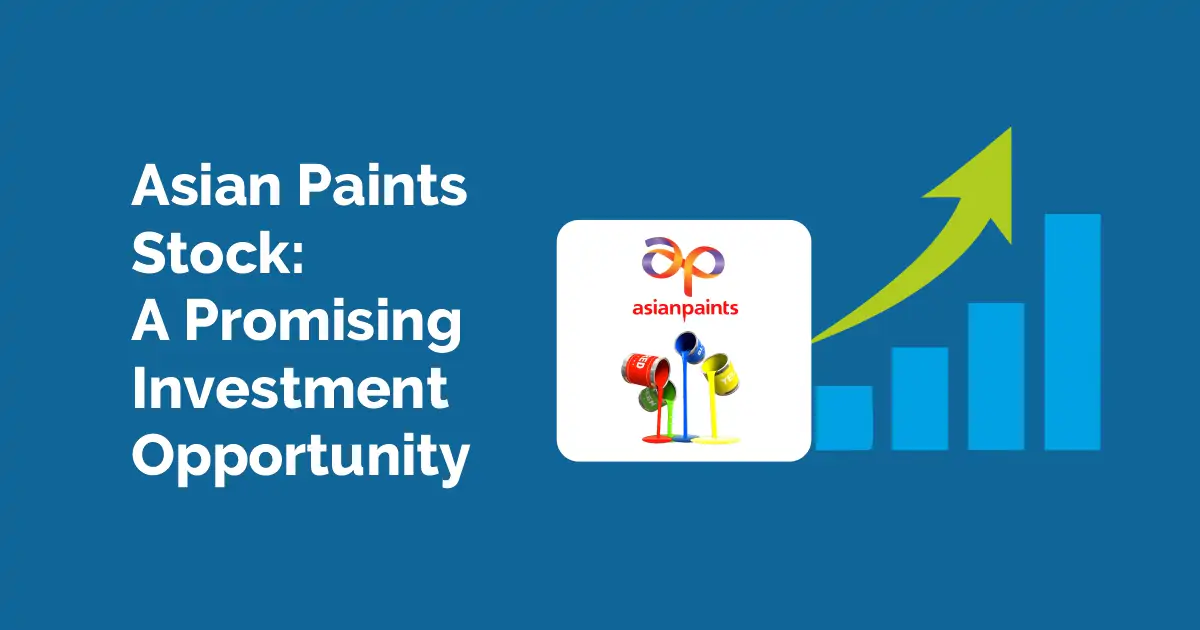
Asian Paints Stocks: Asian Paints was down by a record low of 9% to Rs. 2507 on Monday, owing to its Q2 earnings. The stock has witnessed a 26% downfall since September 19, 2024, when it peaked at Rs. 3,395. On the earnings side, consolidated net sales were down by 5.3 percent annually to 8,003 crores for the second quarter of FY25. EBITDA decreased by 27.8 percent annually, to Rs. 1239.5 crores, from Rs. 1,712.6 crores. PAT declined by 42.4 percent to Rs. 694.60 crores.
What is the Impact?
The fall of Asian Paints today has created a downside breakout in the super trend line on the long-term charts – a first since May 2018. Up until last month, the stock was seen trading above the super trend line. The monthly long-term chart also indicates that the stock rallied nearly 193 percent in May 2018. After the breakout, it reached peak levels in September. However, this downside breakout trend in the future suggests a tepid trend with limited upside. Moreover, Asian Paints is trading far below the 20- and 50-monthly Moving Averages, suggesting stiff resistance between Rs. 2,930 and Rs. 3,030.
The stock will likely remain in this bearish trend in the near term, as it trades at Rs. 2,750, but on course with its 100-MMA levels of Rs. 2,125. Interim support for Asian Paints may return to around Rs. 2,315 levels three years ago.
Conditions of soft demand, inflations in material prices, and business performances of the Decoratives and coatings sector largely impacted this trend, although HDFC Securities also mentions that the paint sector is mostly going to be grappling with elevated capacities and competition in the near to medium term as Grasim enters the paints industry.
Nomura India cut the target price of Asian Paints to Rs. 2,500, down from Rs. 2,850, giving the stock a neutral rating. JP Morgan also cut the target price to Rs. 2,400, while Jefferies cut it down to Rs. 2,100, and Morgan Stanley saw the price at Rs. 2,522.
Nomura also saw profit margins decline by 260 basis points annually to 40.8 percent in Q2, as compared to forecasts of 42 percent, owing to various trend mixes, including higher raw material inventory and residue prices, higher rebates to dealers as demand is weak, and stiff competition.
Conclusion
The gap has narrowed significantly in the second quarter, even as Asian Paints takes on Berger Paints, which is down by 15.6 percent or 150 basis points, Kansai Nerolac, which is down by 10.9 percent or 310 basis points, AKZO Noble, down by 14.9 percent or ten basis points, and Indigo Paints, down by 13.9 percent or 125 basis points. Margins are expected to improve in the third quarter, as there will be better mixes and softer input costs in Q2, where the full impact will be on the price hikes. There was also a sharp downfall in EBIDTA by 28 percent, as against Nomura India consensus estimates, which were only 8 or 9 percent.
Asian Paints
Stocks
